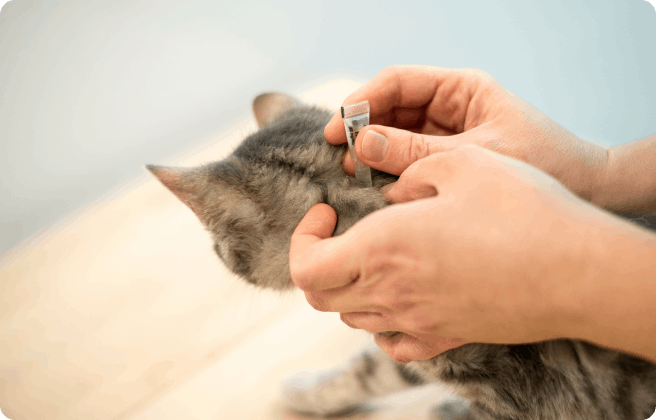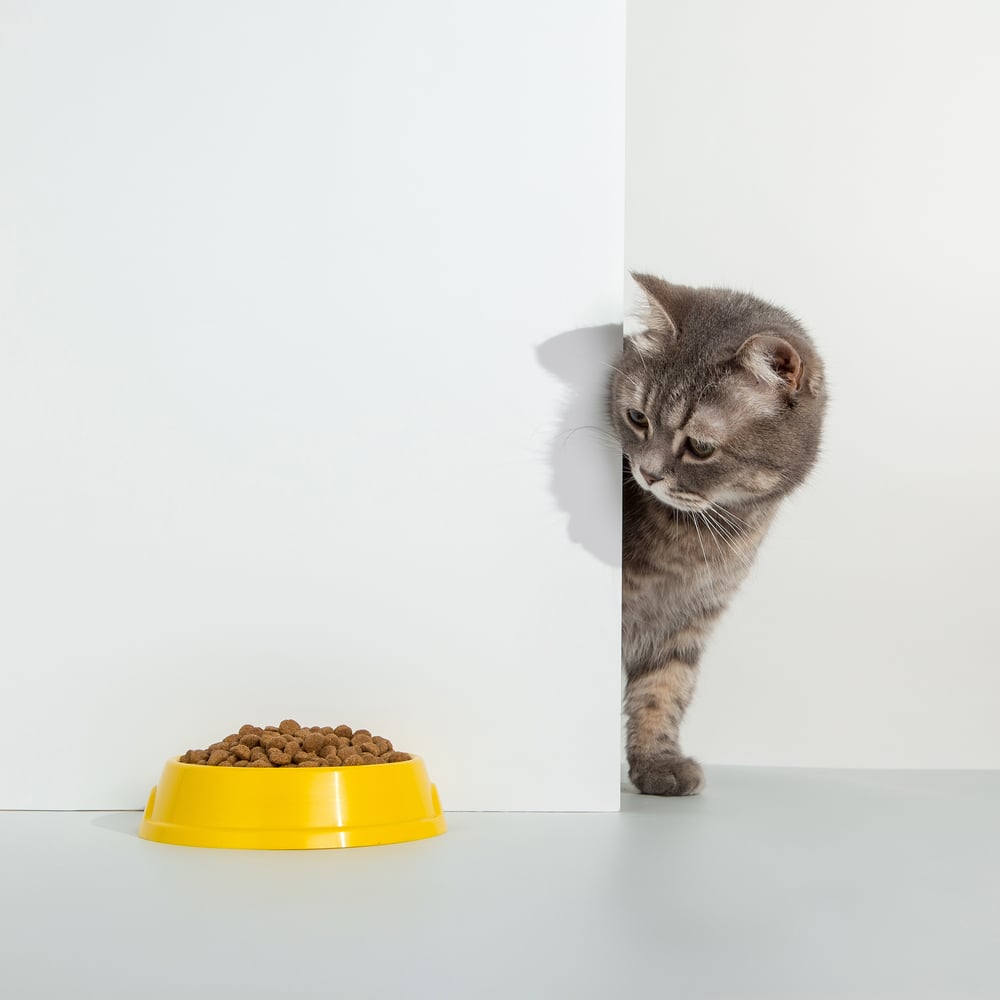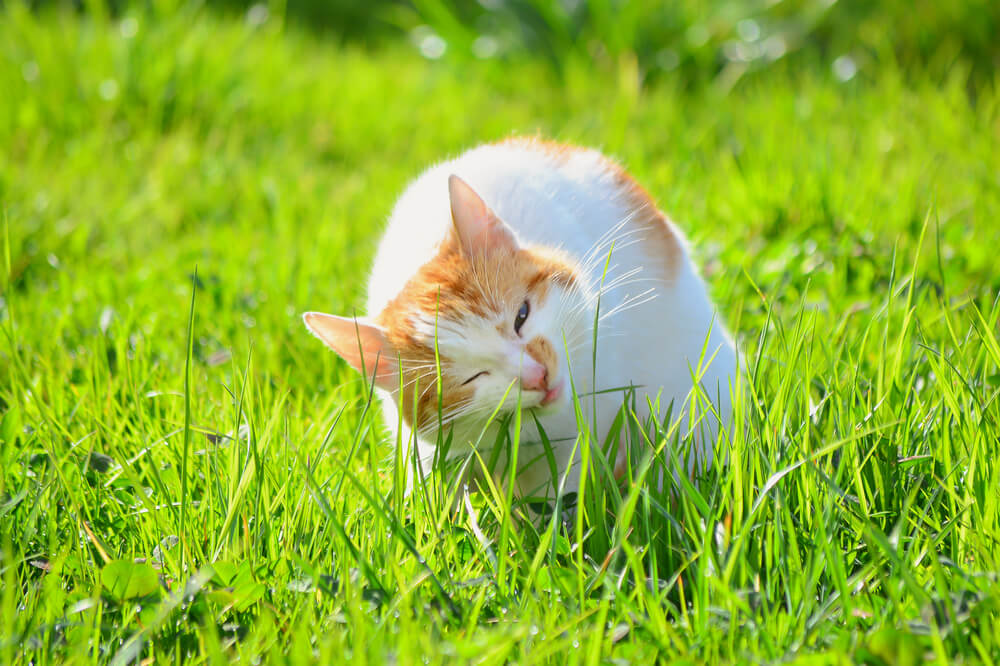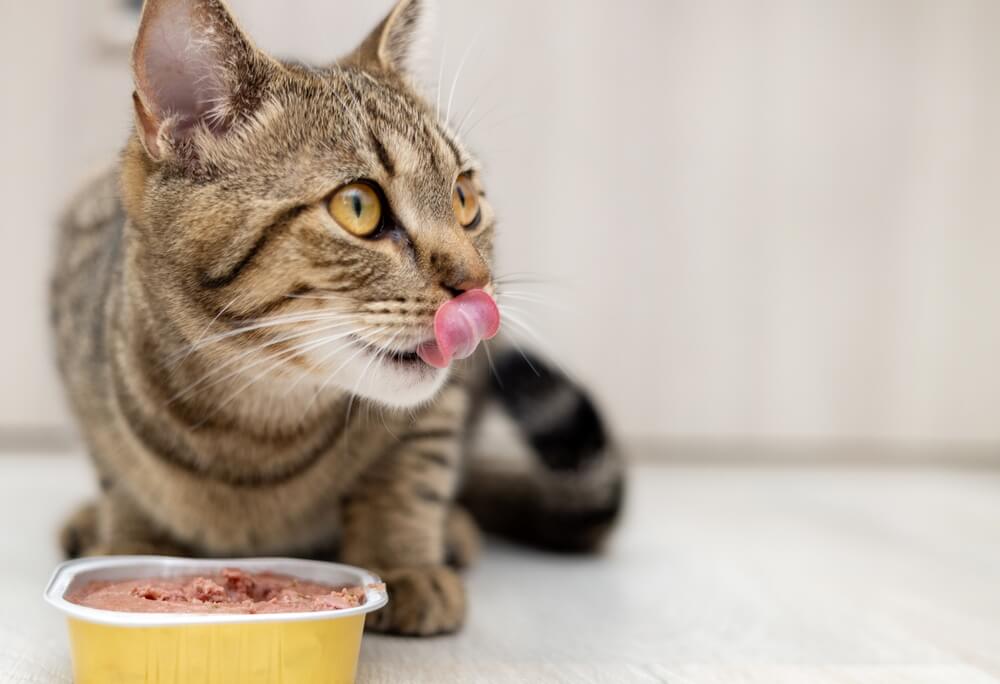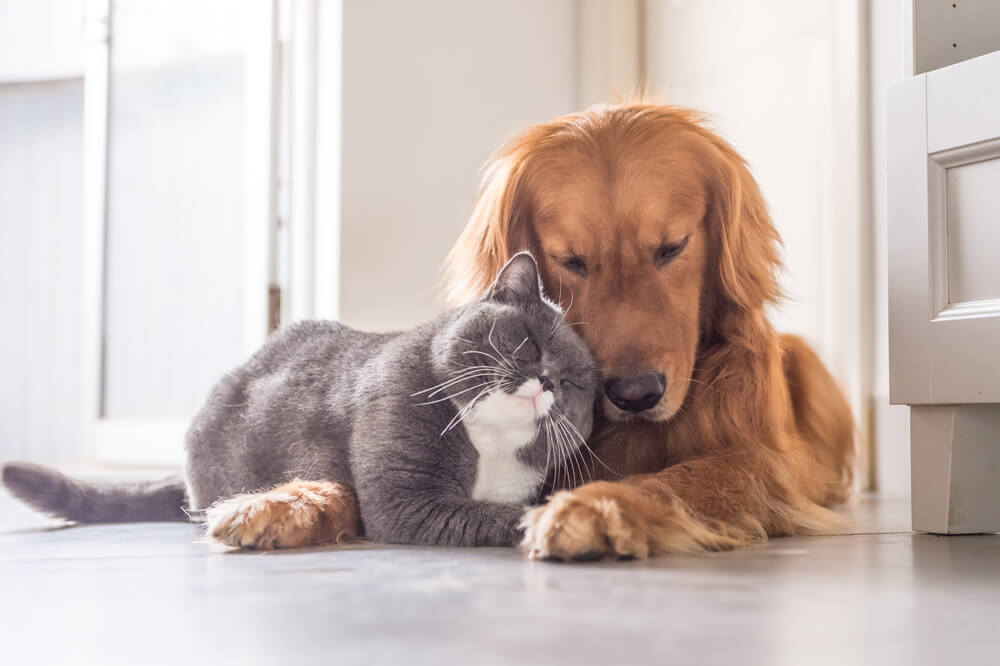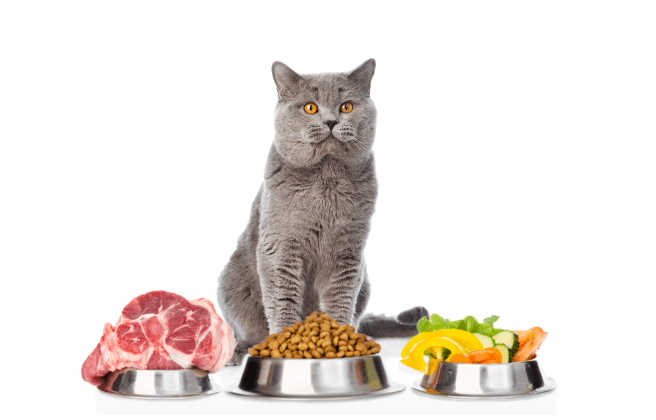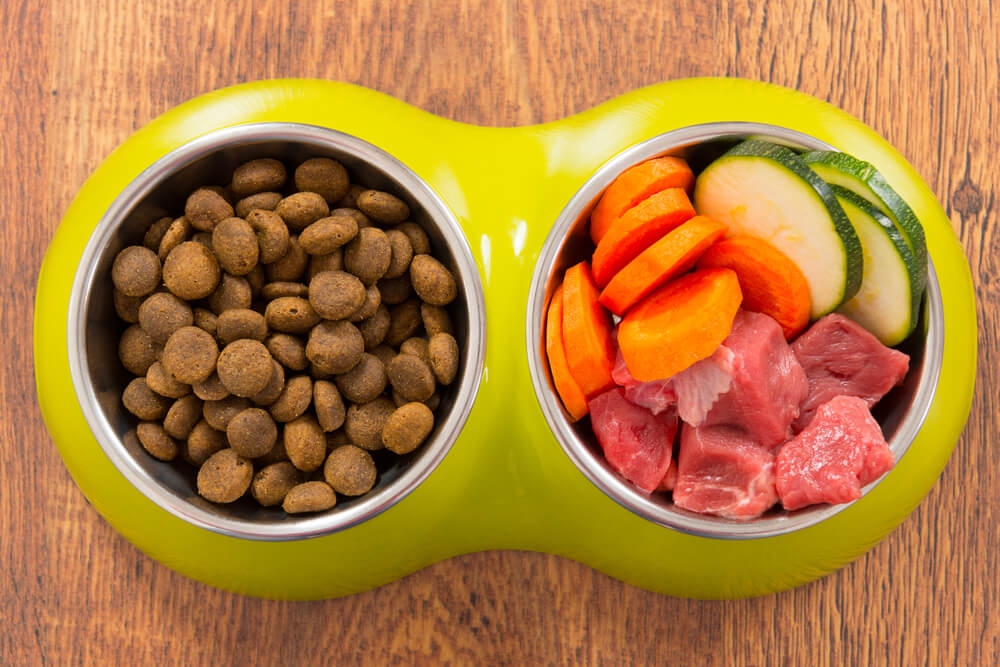
If you choose to eat organic food as part of your own diet, you may be considering feeding your cat organic cat food. If that’s the case, you’ll now find that a wide range of pet food manufacturers offer organic options for cats.
We’ve put together a guide to the pros and cons of organic cat food to help you make your decision.
What defines organic cat food?
To be certified ‘organic’ and have that all-important USDA organic seal printed on the label, the cat food must meet certain guidelines as specified by the Association of American Feed Control Officers (AAFCO) and the USDA Natural Organic Program (NOP).
The NOP sets and enforces the standards for organic food production in the U.S. The USDA also enforces these guidelines by conducting audits and investigations. It means crops should be grown without pesticides, and animals should be fed organic feed with no hormones or antibiotics and be free to graze on grass pastures.
The AAFCO guidelines, meanwhile, combine with state and federal laws to ensure that all regulations are met.
Combined together, this means that consumers will have confidence that the food they’re eating — or, in this case, feeding your cat — follows certain organic guidelines, and the integrity of the seal remains high and they’re getting what they pay for.
Currently, there are no guidelines specifically for cat food production, so to be certified organic the cat food ingredients must meet the guidelines put forward for human consumption.
To display the gold standard of organic production — the USDA organic seal and certified organic statement on packaging — the food must contain at least 95% organic ingredients.
Foods that say they’re ‘made with organic ingredients’ can display this statement providing they’re made with 70% organic ingredients.
The pros of organic cat food
Enhanced skin and coat
Some studies have found a very slight difference in the amount of nutrients and minerals in organic food — specifically, higher amounts of antioxidants, omega-3 and phosphorus [1. https://pubmed.ncbi.nlm.nih.gov/20359265/].
These extra levels could potentially help your cat in terms of their health, in particular their coat and skin. Although it should be noted that these levels were only recorded as being a tiny amount more, so any potential gains in terms of nutrients might be minimal.
Weight control
Organic food is less likely to contain fillers such as grains that might adversely affect your cat’s weight. Instead, it will contain a higher proportion of fresh lean meat and vegetables than most non-organic food, meaning your cat is less likely to put on weight.
You know the source
No preservatives, no chemicals, no modifications — organic food offers increased peace of mind for cat parents that the food you’re feeding your cat has been sourced with higher levels of welfare and the environment in mind.
More sustainable
The aim of organic farming is to help protect Earth by using less harmful chemicals and in doing so lower the food’s carbon footprint and create a more circular farming process. So by feeding your cat organic food, you’ll be helping the planet as well as your feline companion. By restricting the use of chemical fertilizers, which are often made from fossil fuels, farmers are reducing harmful emissions as well as lowering the risk of soil pollution.
Cons of organic cat food
Cost
Just like with human food, organic cat food can be more expensive. This is due to the alternative farming methods and ingredients used in production. Organic farms don’t receive the same subsidies that non-organic farms receive and are often smaller. This also increases costs, which are then passed on to the consumer.
Fewer options
You may find there’s less choice of organic cat food, simply because there’s less demand for it. This might mean that if your cat doesn’t like a certain type of meat, you may be restricted in options. However, this has changed significantly over the past few years, as increasing numbers of pet food manufacturers have begun to produce a wider range of organic options.
Ultimately, the choice of whether you choose to feed your cat an organic diet will come down to your own, and your cat’s, personal preference and, of course, your financial budget.
Like with any food, organic or not, you know what will suit your cat the best, and they will turn their nose up if they’re not a fan.
If you’re interested in finding out more about organic cat food, we have a guide to the best organic cat food — see our picks here.
We uphold the highest editorial standards when creating the authoritative content pet parents rely on and trust.
Every piece of clinical content on the Cat Food Advisor is reviewed by our certified Veterinary Advisory Board, which consists of licensed veterinarians and medically certified specialists.
Our reviews are completely independent; we are not paid by any pet food company to promote their products favorably. We do not accept money, gifts, samples or other incentives in exchange for special consideration. For more information see our Disclaimer & Disclosure page.




